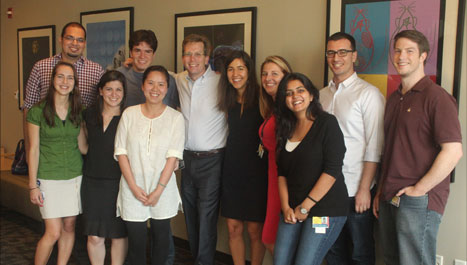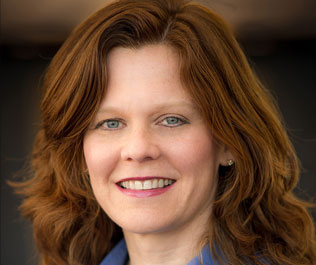The Facts
At The Pink Agenda we believe that more knowledge = more awareness.
Review and share these facts about breast cancer to #RaiseAwareness and #RaiseHell!
- 1.) You can only get breast cancer if it runs in your family.
FALSE. Knowing your family history is important, but anyone can get breast cancer. - 2.) Men can also get breast cancer.
TRUE. Over 2,000 men are diagnosed with breast cancer annually. - 3.) You can't get breast cancer if you're under 40 years old.
FALSE. Breast cancer can be diagnosed at any age. - 4.) All breast tumors are lethal.
FALSE. When detected early, most breast cancers are treatable. The 5 year survival rate of women diagnosed with stage 0 or stage 1 breast cancer is close to 100%. - 5.) There are different types of breast cancer.
TRUE. Not all types of breast cancer are the same and they are not all treated the same. - 6.) Mammography detects 100% of breast cancers.
FALSE. Mammograms are the best way to detect breast cancer in most women, but it may miss some breast cancers, especially in women with dense breasts. Ultrasound is often used in combination with mammography when dense breast tissue is detected to allow for more comprehensive screening. - 7.) Older women are much more likely to get cancer than younger women.
TRUE. Age is a known risk factor for developing breast cancer. Women age 50 and over comprise 80% of diagnoses annually. - 8.) How many women, on average, are diagnosed with breast cancer in their lifetime?
1 IN 8. 1 in 8 women will be diagnosed in their lifetime. Help us to raise awareness and raise money for the research needed to decrease these odds! - 9.) Which of the following increases your breast cancer risk?
ALCOHOL. Alcohol consumption increases risk for breast cancer and all cancers, particularly when consumed at younger ages. Electromagnetic fields produced by cell phones and other electronic devices, and breast implants have not been proven to increase cancer risk. - 10.) Which of the following increases your breast cancer risk?
SMOKING TOBACCO. Tobacco smoke and smokeless tobacco increases risk for breast cancer and all cancers. Caffeine and cellphones have not been proven to cause cancer. - 11.) Which of the following increases your breast cancer risk?
FAMILY HISTORY. A family history could mean you are at higher risk. The risk of developing breast cancer is two times higher for one first degree family relative, nearly three times higher with two or more relatives, and nearly four times higher for women with three or more relatives. Know and share your family history with your doctor. - 12.) Which of the following can help decrease your risk of breast cancer?
REGULAR EXERCISE. Exercising regularly, a strong level of fitness and maintinaining a healthy weight can decrease your risk of breast cancer. - 13.) Which of the following can help decrease your risk of breast cancer?
A HEALTHY AND NUTRITIOUS DIET. Eating a nutrient-filled diet, avoiding overeating, and maintinaining a healthy weight can decrease your risk of breast cancer. - 14.) Stage 0 breast cancer is...
ATYPICAL CELLS THAT ARE STILL WITHIN THE DUCT AND HAVE NOT INVADED DEEPER INTO THE SURROUNDING BREAST TISSUE. Also known as DCIS, Stage 0 is nearly 100% curable. - 15.) Stage 4 breast cancer is...
ADVANCED BREAST CANCER THAT HAS SPREAD TO OTHER PARTS OF THE BODY, SUCH AS THE LUNGS, LIVER, BRAIN, OR BONES. Also known as metastatic cancer, Stage 4 is incurable. - 16.) Everyone has the BRCA gene.
TRUE. Everyone has the BRCA gene. This gene protects against the development of breast cancer. Some people have a mutation in the BRCA gene, which increases the risk of developing breast cancer 7-8 times in women and 80 times in men. The risk is especially increased if exposed to carcinogens such as tobacco and environmental toxins.
The Pink Agenda's Research Grantees

Dr. Andrew Ewald





